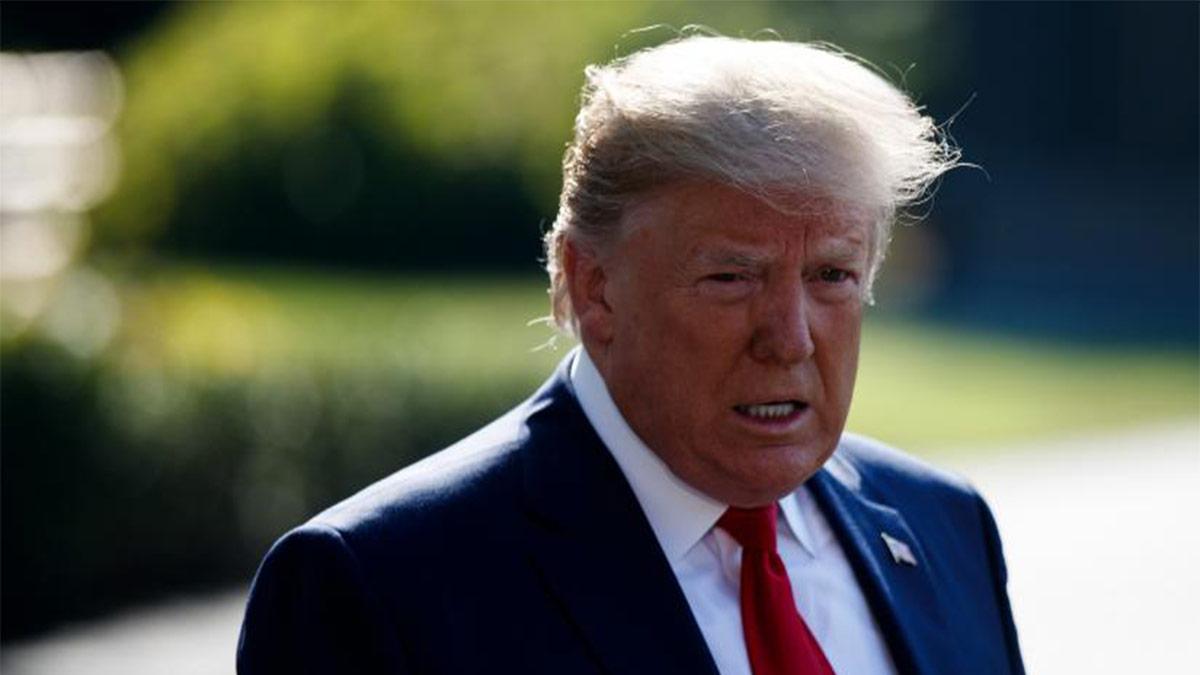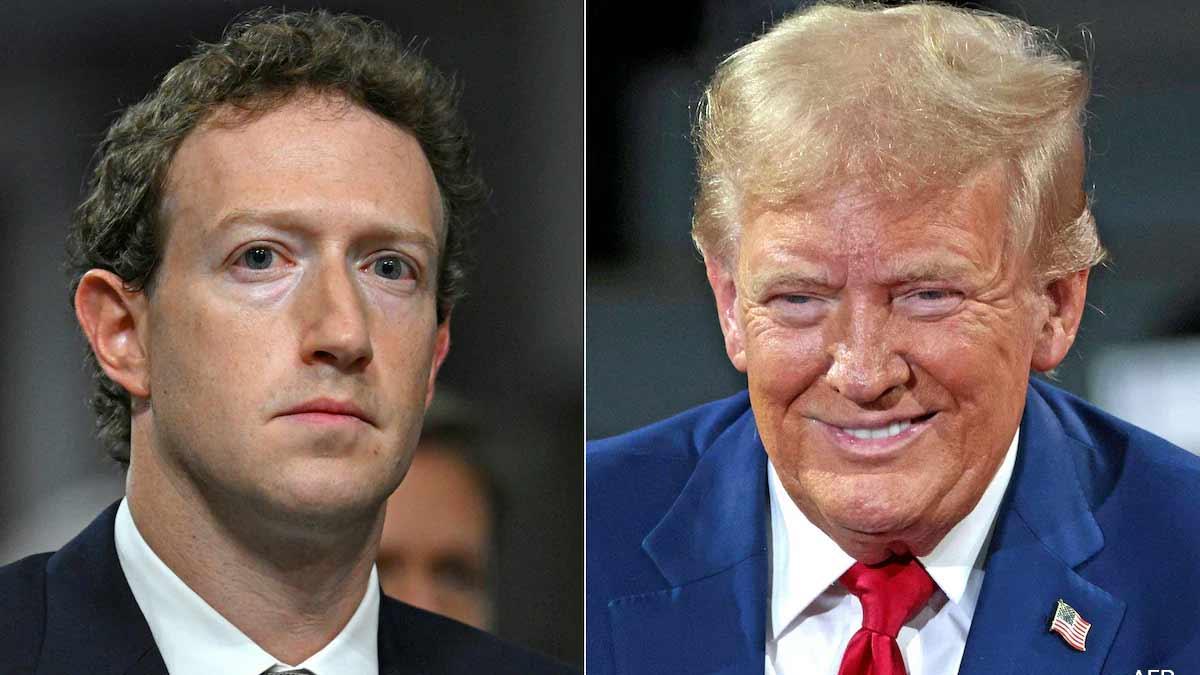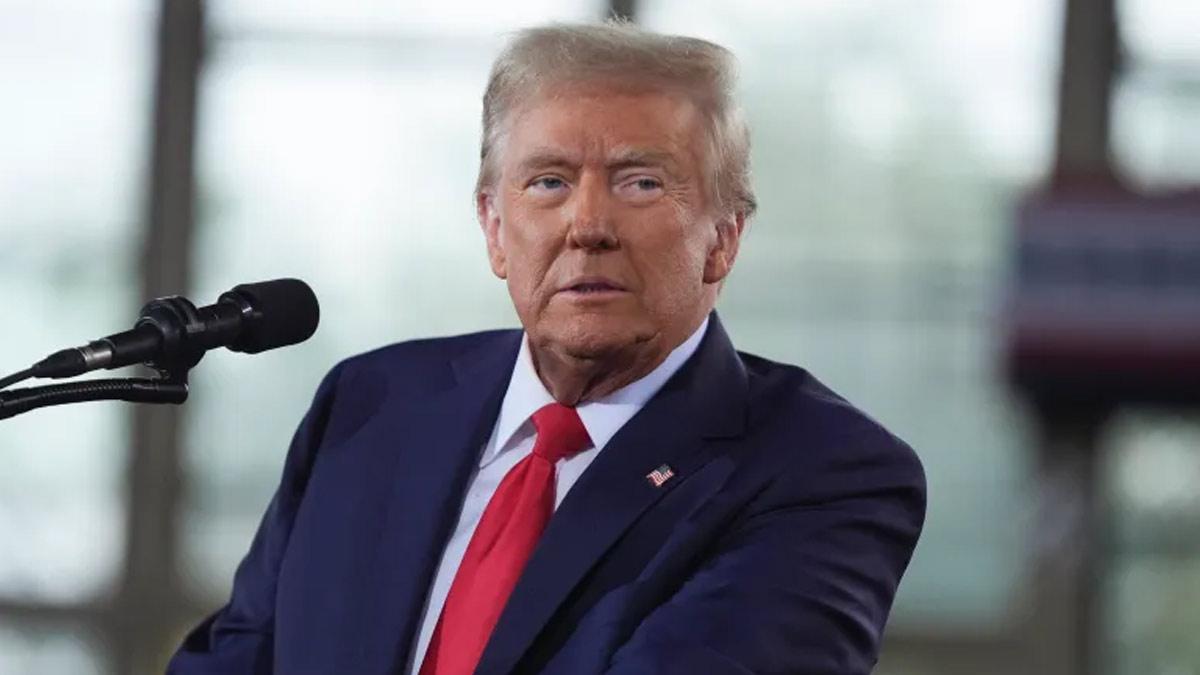This week marks a critical juncture for former US President Donald Trump, as he braces himself for a series of legal battles that could potentially reshape his future. At the forefront is the looming New York Attorney General's tax fraud case, where a judicial ruling could significantly impact Trump's financial standing and his defense against election subversion charges.
Facing a potential $370 million penalty in a tax fraud settlement, Trump's business licenses in New York hang in the balance, with the possibility of cancellation looming large. Concurrently, a judicial opinion on his defense against criminal charges related to election interference adds further complexity to his legal predicament.
Reports suggest that these three cases could unfold simultaneously, presenting a substantial challenge for Trump and exacerbating tensions as legal proceedings gain momentum. The civil fraud trial overseen by Judge Arthur Engoron in New York is particularly pivotal. Trump stands accused of inflating his net worth to secure favorable treatment from financial institutions, with potential consequences including hefty fines and business license revocation.
The timing of Engoron's ruling is closely intertwined with another crucial development—the consideration of Trump's ballot status by the High Court. Central to Engoron's decision is a federal appeals court ruling on Trump's claim of executive immunity during his presidency, a factor that could significantly impact the outcome of multiple criminal cases.
While the reasons for Engoron's delayed decision remain unclear, the implications are immense for both the prosecution and Trump's legal team. New York Attorney General Letitia James seeks a substantial penalty, with potential ramifications including Trump's exclusion from New York's real estate industry and the inability to run any business in the state—a blow that could dismantle his decades-long business empire.
For Trump, who is likely to appeal any adverse rulings, these legal battles have far-reaching implications. Already grappling with substantial legal expenses funded partially by political donations, Trump faces the prospect of draining his finances further, potentially impacting his presidential ambitions in 2024.
The upcoming Supreme Court case adds another layer of complexity, with arguments centered on Trump's eligibility to appear on ballots in the November elections. The Colorado Supreme Court's previous ruling, based on the 14th Amendment, deemed Trump ineligible for office due to his alleged involvement in inciting insurrection—an interpretation that could set a precedent with profound implications for American democracy.
Legal experts anticipate a decision with significant ramifications, particularly given the conservative majority on the bench, which includes justices appointed by Trump himself. While the outcome remains uncertain, Trump's legal strategy appears focused on delaying proceedings, leveraging the 2024 campaign season to his advantage.
As the legal saga unfolds, the stakes remain high for all parties involved, with the outcome likely to reverberate across the political and legal landscape for years to come.
(With Agency Inputs)
Read also| Trump Criticizes Biden's Approach Leading to Tragedy for US Troops in Jordan


















